25 Applications and Uses of Blockchain Technology

Applications and Uses of Blockchain
From healthcare to the energy grid, blockchain is becoming an integral part of the digital world. This article will explore 25 applications and uses of blockchain technology. By understanding the potential of blockchain technology and its applications, we can learn more innovative and efficient ways to do business.
1. Supply Chain
The supply chain industry is beginning to embrace blockchain technology as a means to increase transparency, traceability, and security within its systems.
Through the use of blockchain, companies are able to securely store data in an immutable and distributed ledger, allowing for accountability and visibility throughout the entire supply chain.
2. Financial Services
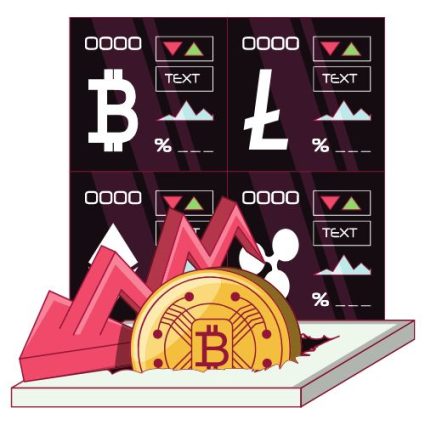
In the banking and finance industry, blockchain can speed up transactions and simplify the process of compliance with regulatory requirements.
For example, blockchain can store and verify customer identities, reducing the cost for banks and financial institutions. Finally, it can also track customer transactions, helping to reduce fraudulent activity.
3. Healthcare
Healthcare organizations are increasingly leveraging blockchain technology to improve patient care, reduce costs, and increase efficiency.
Blockchain in healthcare provides a secure and reliable way to store and share confidential patient data. It also allows for secure, real-time access to medical records and other data that can be used to improve patient care.
4. Real Estate
The real estate industry is beginning to explore ways to leverage blockchain technology to streamline processes, reduce costs, and increase security. Blockchain provides a transparent digital ledger that can be used to track property titles, deeds, contracts, and more.
This can provide benefits such as reducing the complexity of paperwork and streamlining the process of buying and selling real estate. By using smart contracts, all parties involved in a transaction can have access to the same information, eliminating the need for manual verification of documents.
5. Internet of Things
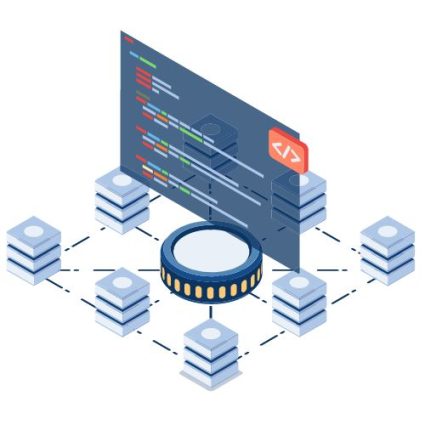
The Internet of Things (IoT) is a system of interconnected devices, often referred to as “smart devices”, that are able to collect and share data over the internet. Blockchain technology has been identified as a potential solution for improving data security and privacy in the IoT.
Blockchain’s distributed ledger system means that all nodes on the network have access to the same data and are also secured by cryptographic algorithms and consensus protocols, making it difficult for malicious actors to modify or delete data.
6. Voting
By using blockchain technology, votes can be cast in a decentralized manner that is nearly impossible to tamper with or manipulate. With blockchain, each vote is cryptographically secured and stored on a distributed ledger, which allows for an audit trail of every vote cast and ensures that each vote is counted accurately.
Additionally, the use of blockchain-based voting would eliminate the need for intermediaries such as election officials, allowing voters to directly cast their ballots without relying on third-party verification.
7. Crowdfunding
Crowdfunding is a relatively new way to raise funds for projects which can be anything from businesses and charities to start-ups and personal causes. By using blockchain technology, crowdfunding can become even more efficient and secure.
Through the use of smart contracts, crowdfunding platforms can be set up in a completely automated fashion and transactions can be securely and automatically processed.
8. Insurance
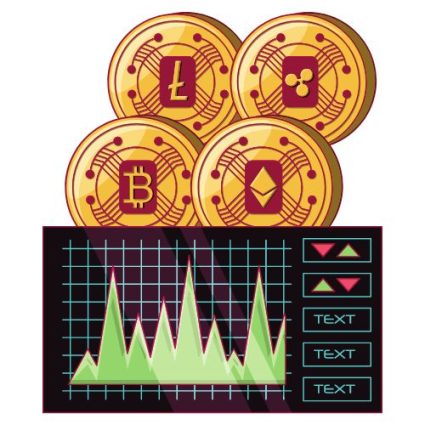
Blockchain-based smart contracts can automate claim processing and payments, eliminating the need for manual data entry or intermediaries.
Thanks to its distributed ledger technology, blockchain can ensure that all parties involved in a transaction can view the same data in real time. This can help reduce fraud and errors and provide an audit trail that can be tracked in the event of disputes.
9. Energy
In the past, electricity was only transmitted from one single electrical utility to its customers. However, the grid is transforming so that many different kinds of devices can use it.
Each one can purchase, sell, interchange, and transfer electricity, system services, and data in real-time in multiple directions. The electrical grid can use blockchain technology in order to handle these transactions.
10. Tourism
Whether it’s for recording travel reservations, tracking luggage, or collecting loyalty points, blockchain can find a role in the tourism industry. With blockchain, tickets can be issued digitally and stored securely on a distributed ledger.
This provides a way for tickets to be tracked, traced, and verified easily. It also reduces the need for paper tickets, which can be lost or stolen, and can help to reduce fraud.
11. Advertising
The advertising industry can use blockchain to bring greater transparency and trust to the digital advertising industry. Blockchain technology can store all the data related to digital advertising campaigns.
For example, this includes the cost of each ad, who saw it, and any associated click-throughs or conversions. This can help ensure that all parties involved in the process are accurately compensated.
12. Retail
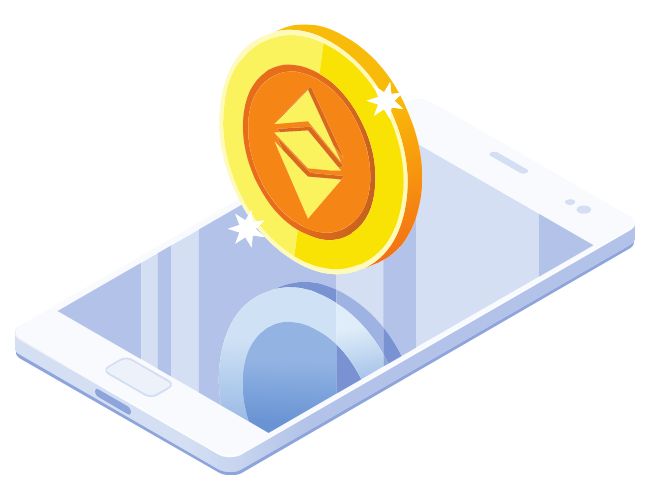
The retail industry can use blockchain to facilitate secure and transparent transactions, improve customer loyalty, and streamline supply chain operations.
Retailers can use blockchain-based platforms to securely store customer data, such as purchase histories, rewards points, and preferences. By using digital tokens, retailers can also incentivize loyalty and reward customers for their purchases.
13. Parking Spaces
The use of blockchain in parking lots can be quite beneficial to all involved parties. The decentralized nature of blockchain could be used to store and validate parking permits and tickets, as well as store information on occupancy and usage.
By utilizing distributed ledger technology, parking lot owners can reduce the time spent on manual tracking and better manage their resources.
14. Asset Management
Asset management can use blockchain technology to improve the value chain. Blockchain technology can provide secure and efficient asset tracking and storage, as well as streamline back-office operations.
By creating a shared ledger that is updated in real-time, asset managers can more accurately track assets, helping them to reduce costs and increase profits. This can also help to reduce fraud and errors through improved data security and accuracy.
15. Currency Exchange
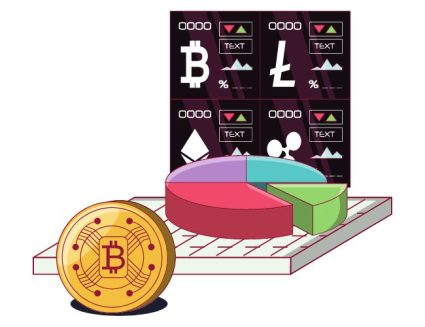
Blockchain-based currency exchanges would enable users to directly exchange digital currencies, eliminating the need for traditional banking or financial institutions. Transactions could be settled quickly with minimal transaction fees.
Additionally, because blockchain is decentralized, it would provide a more reliable infrastructure for digital currency exchange.
16. Entertainment
One way the entertainment industry can use blockchain is to create a decentralized digital rights management (DRM) platform. DRM is a system that allows creators to secure and manage the rights to their intellectual property.
On a blockchain-based DRM platform, creators can securely store their work, assign licenses to buyers, and track usage. This type of distributed ledger technology also makes it easier to detect piracy and provide compensation to creators.
17. Telecommunications
Telecommunications is the use of technology to transmit information over a distance. As it relates to blockchain, it’s an ideal technology for telecom service providers looking to store unique device/SIM data on distributed ledgers.
This would enable them to block stolen devices instantaneously as any change of status of the device would be immediately visible to all participants on the network. Moreover, third parties can also be informed of any changes in the device status, enabling them to take necessary actions if required.
18. Manufacturing
The manufacturing industry is entering a new era of innovation and technological advancement, and one of the leading technologies driving this change is blockchain. Blockchain can track transactions and automate many processes within the manufacturing industry using its distributed ledger technology. With blockchain, companies can improve product traceability, streamline inventory management, reduce costs and improve customer service.
19. Gaming
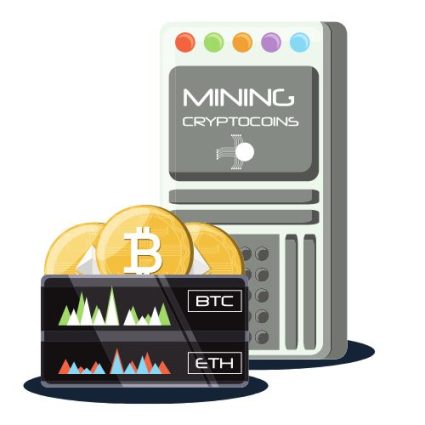
The gaming industry has seen amazing growth over the last decade, with gaming becoming one of the most popular pastimes around the world. This growth has also opened up opportunities for the industry to incorporate blockchain, boost innovation, and increase customer satisfaction.
Blockchain technology offers the gaming industry numerous advantages, such as improved security, transparency, and trustless payments. By leveraging blockchain, gaming companies can create new revenue models, unlock new markets, and provide more secure gaming experiences for their customers.
20. Domain Names
For a regular web domain, you type it into the address bar. Then, it looks up a DNS record that finds the server and displays the website. But blockchain can be used to associate records with domain names such as emails or payments.
With blockchain, domain names can become more secure, trackable, and efficient, offering a valuable service to domain name owners, registrars, and other stakeholders in the domain name industry.
21. Countering Money Laundering
With the rise of digital payments and cryptocurrencies, blockchain technology could be a key tool to help prevent money laundering. Blockchain is a distributed ledger technology that can be used to trace and verify transactions in a secure and transparent manner.
The technology’s immutability and decentralized nature make it ideal for monitoring financial activities and detecting suspicious patterns such as money laundering. By using blockchain-based solutions, businesses can be more compliant with anti-money laundering (AML) regulations, allowing them to better protect themselves from the penalties associated with money laundering.
22. Digital Identity Security
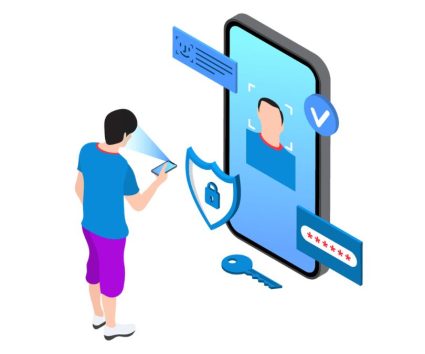
Digital identity security is a rapidly growing field, and blockchain technology has the potential to be a game-changer. In the past, digital identity security was based on centralized databases, which could be vulnerable to breaches and manipulation.
However, blockchain technology is decentralized, meaning that it can provide an immutable platform for digital identity verification. Blockchain technology can be used to create digital identities that are tamper-proof and securely stored, making it an ideal solution for digital identity security.
23. Government
In 2021, El Salvador became the first country in the world to adopt bitcoin as a legal tender. The main reason is that Bitcoin allows for quick payments across borders without the need for banks as intermediaries.
This is a monumental step forward for the world of cryptocurrency, and it will have far-reaching implications. For governments, blockchain can also be used for identity management (such as passports), asset management, and even voting.
24. Decentralized VPNs
A virtual private network (VPN) is a type of secure connection that helps to protect your online privacy and data. It does this by using encryption protocols to securely transmit data between your device and a server with a hidden IP address.
A blockchain-based VPN will give you these same benefits but it doesn’t have centralized control of its servers. Instead, a distributed virtual private network (dVPN) is hosted by independent users.
25. Record Keeping
Whether you want to track records for healthcare, supply chain management, or digital identities, this technology has opened up a world of opportunities for businesses, governments, and organizations to store, manage, and share data in a secure and cost-effective way.
By utilizing a decentralized, distributed ledger system, blockchain has the potential to transform the way businesses, governments, and institutions keep records of any kind.
Applications and Uses of Blockchain
Blockchain technology is developing at an incredible pace and has applications in a number of industries. From financial services to healthcare and even government operations, this technology is driving a paradigm shift in the way that data is managed, stored, and accessed.
In this article, we’ve explored 25 of the most innovative applications and uses of blockchain technology today. But did we miss any other major applications and uses of blockchain technology? Please let us know with a comment below.

Related Blockchain
What is Distributed Ledger Technology (DLT)?
Exploring Blockchain Careers: How To Get Your Foot In The Door
Understanding Blockchain Technology: An Introduction to the Basics
Exploring the Benefits of Blockchain Technology and Its Impact on Businesses
What Is a Smart Contract in Blockchain
How Can the Healthcare Industry Leverage Blockchain Technology?
25 Applications and Uses of Blockchain Technology